Istvan Hollo, who was arrested in Budapest by the Counter Terrorism Centre, could face up to fifteen years in prison. He is suspected of spying in Hungary for Ukrainian intelligence, seeking military and energy systems-related information.
Balazs Geller, head of the Department of Criminal Law at ELTE’s Faculty of Law, told Magyar Nemzet that under the Criminal Code, anyone who conducts intelligence activities against Hungary for a foreign power or organization is committing a felony punishable by two to eight years in prison.
However, if espionage involves the disclosure of top-secret classified data, it is punishable by five to fifteen years in prison.
Preparatory acts of espionage, on the other hand, are punishable by one to five years in prison. According to our information, Hollo, who also met a number of times with the defense politician from the Tisza Party, may be a “big fish” whom Hungarian intelligence services have been monitoring for some time, meaning that in his case, the charges likely go beyond mere preparation for espionage.
In this case, it is also unlikely that Hungary would extradite the criminal Ukrainian national to Ukraine. Geller pointed out that
although Ukraine is a signatory to the Council of Europe’s extradition convention, it is improbable that Hungary would transfer either the proceedings or the execution of the sentence to the very state for which the suspect allegedly spied.
“The suspected crime of espionage is likely not considered to be a threat to the public in Ukraine since it was allegedly committed in the interest of that country, meaning that the individual could not be held accountable there for such actions. Similarly, a Hungarian spy cannot be prosecuted in Hungary for intelligence activities conducted in Hungary’s interest,” the department head explained. He added that it is a different matter that diplomatic deals may later be made between countries in such situations, based on a kind of reciprocity. In such cases, the other country may indeed take over the execution of the sentence, and grant a pardon to the convicted individual.
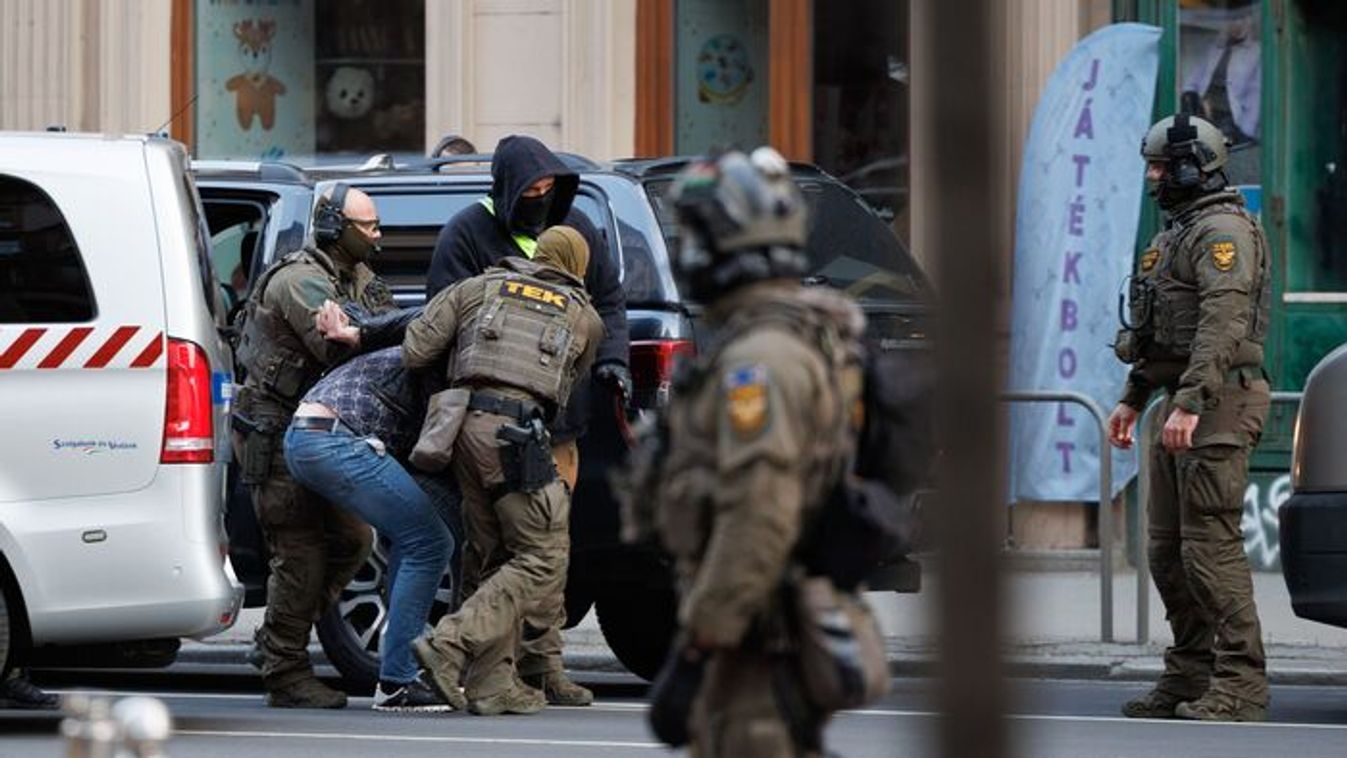
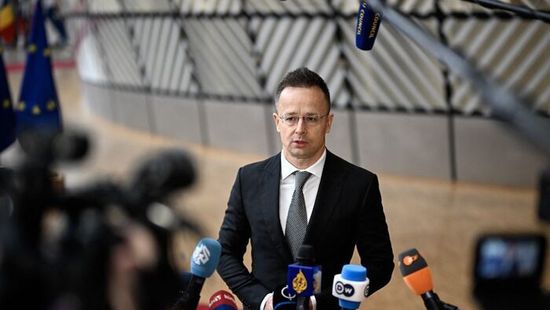












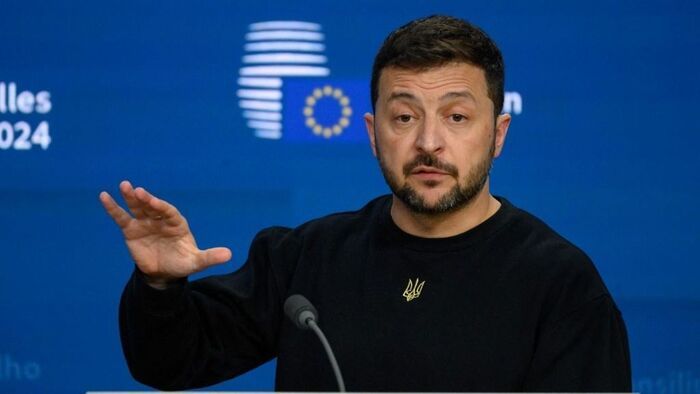
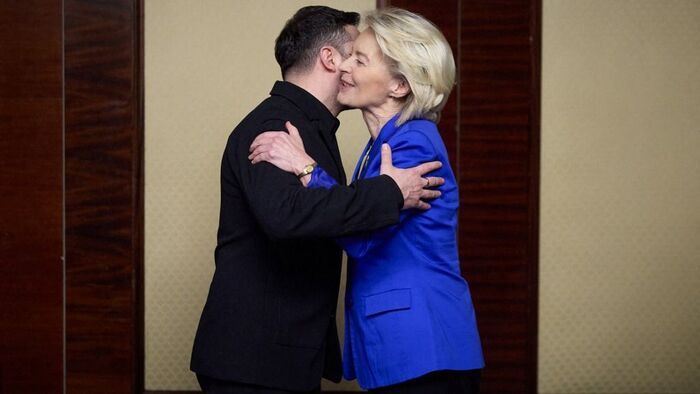
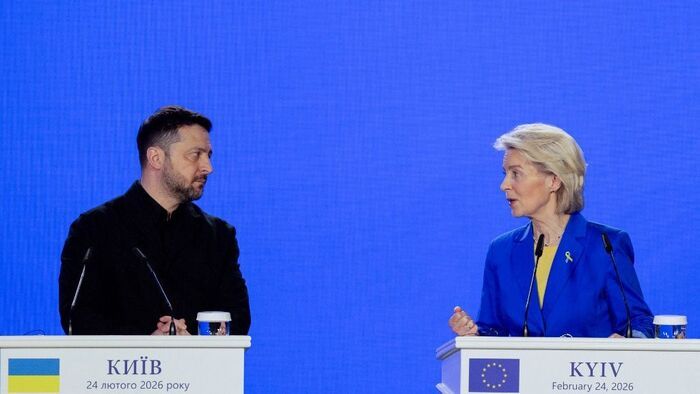






Szóljon hozzá!
Jelenleg csak a hozzászólások egy kis részét látja. Hozzászóláshoz és a további kommentek megtekintéséhez lépjen be, vagy regisztráljon!